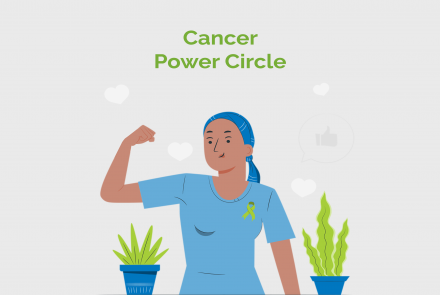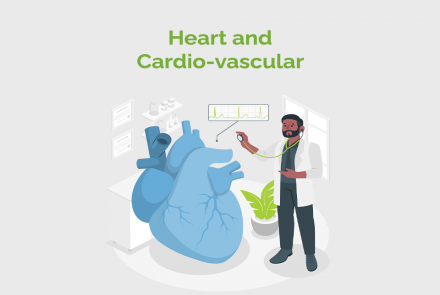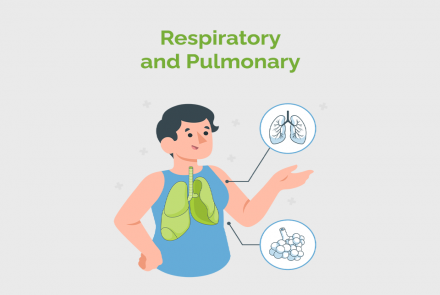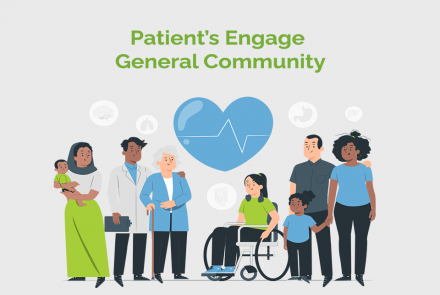This Community will address questions and discussions on all forms of Cancer. We will support each other - patients and caregivers in their journey
This study compared the outcome of low-dose rate brachytherapy (LDR-BT) and image-guided intensity-modulated radiotherapy (IG-IMRT) for localized prostate cancer of different severities. With/ without External Beam RadioTherapy. Five year…




















